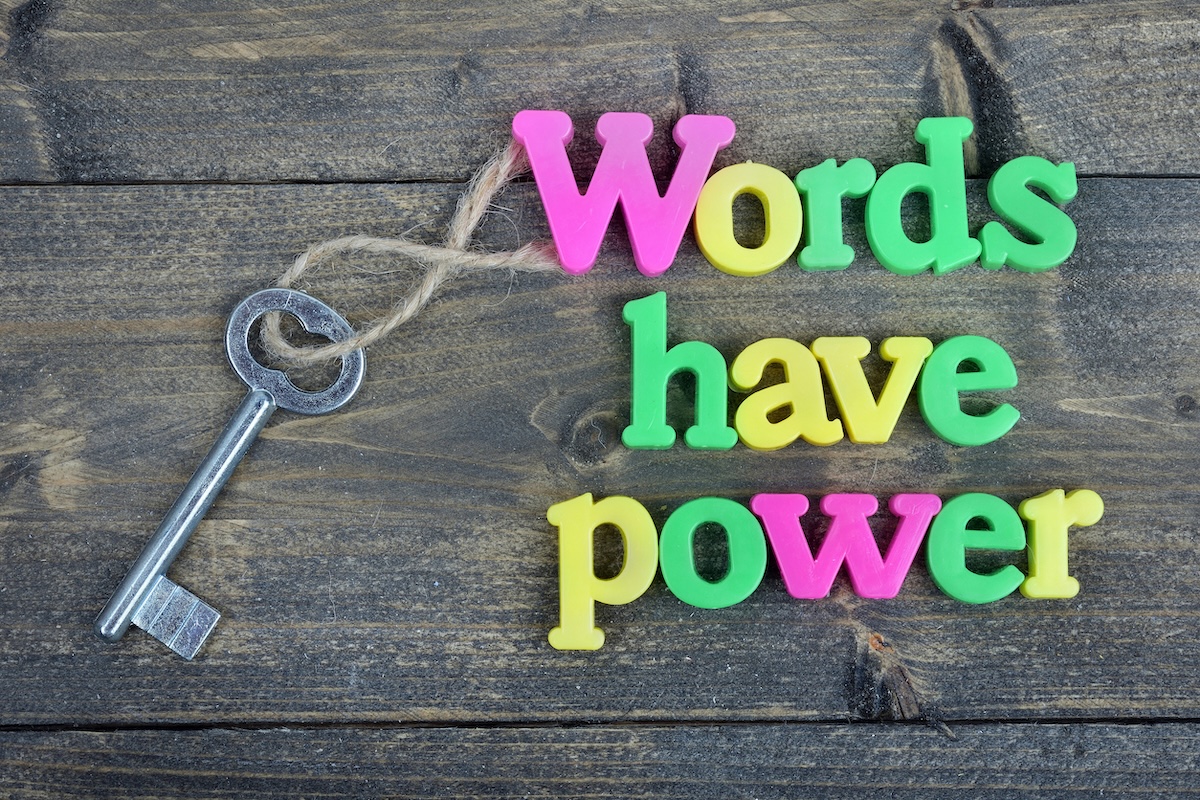The more I work with kids, the more convinced I become that the biggest hurdle to long-term success is a lack of reading comprehension due to poor reading fluency and an inadequate vocabulary. Think about it.
Basic mechanics are “teachable”
With a good text and an attentive student, bringing someone up to speed with grammar and punctuation is time-consuming. But, in the same way a kid learns math facts and laws in science, a kid can learn when to use a FANBOY, which possessive pronoun is the one they need, and when a semicolon is called for.
Moving a student from that first tentative sentence through the steps to a five-paragraph essay is not easy, but there is a process. In the same way a kid can learn to follow the logic in word problems, or how to work an equation to the solution, they can learn to go from simple sentence to prompt-to-sentence to paragraph and on.
You need to know the words
To be a fluent reader is to be a reader who enters into the writing. It’s not easy – or possible – to do that when you don’t know key words along the way. Guessing might work, but that takes time. Skimming and hoping for the best is possible – but that leaves gaps in understanding. The best way to become a fluent reader, I would suggest, is to have a vocabulary that’s adequate for the text. And, even if your kid says they’ll never have to read once they’re out of school, as adults, we know that there will be reports to read and write, textbooks in advanced classes to read and understand, and the occasional book that just looks too good to miss.
Results show …
Nearly every standardized test includes a section devoted to reading comprehension. Some of the texts are quite complicated. Most rely upon an understanding of a few words in the text, and certainly the definition of the possible answers. Since most kids would like to learn vocabulary words about as much as they’d like to walk five miles to school each day, it seemed like the quickest way to get them learning was to show them that it would make a difference.
We put the meanings of the possible answers next to those answers and then asked them to complete the reading comprehension section. Our admittedly small sample of kids got at most two wrong out of twenty. Then, we did the same thing with different examples without the meanings beside the words. At best, they got two right. I didn’t have to say another word, and they’ve been studying their vocabulary with vigor — on their own.
Bottom Line
A strong vocabulary isn’t just about scoring well on a test. It’s about being able to read and comprehend materials that are out in the world. One way we expand vocabularies for the younger kids is through word games. For the older kids, we provide links to many different articles. They can then pick what interests them and write a bullet-point summary of the main ideas. There are plenty of sites that cater to different interests, so finding material for different kids isn’t difficult.
Vocabulary counts because words have the power to unlock so many different things.
We have lots of ideas for ways to turn your kids into word lovers. Let us know what you need, and we’ll post some activities for you to use! Meanwhile, see more Vocabulary posts
